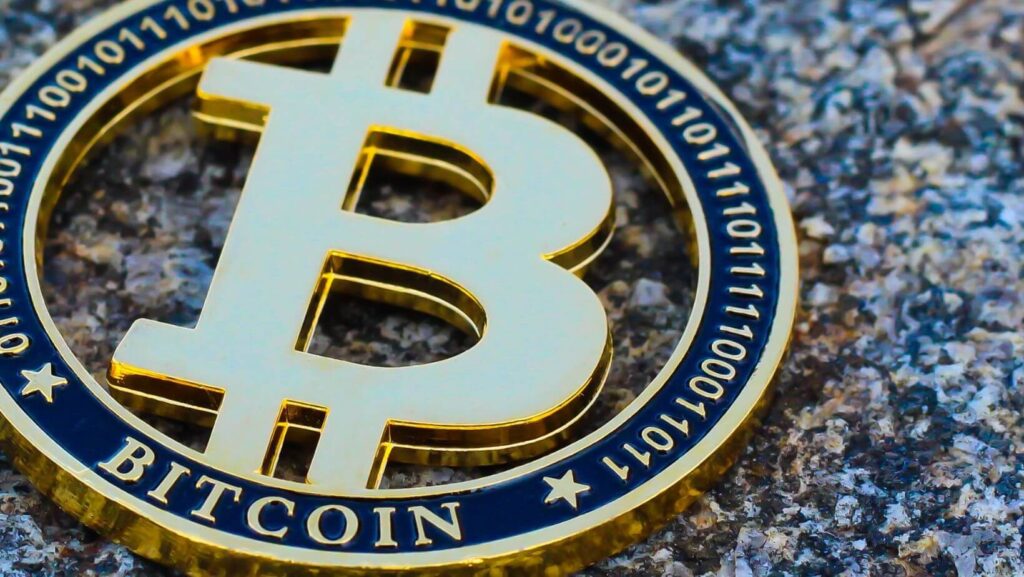Bitcoin transaction cost calculation, let’s check it. Sending 0.1 Bitcoin (~$1,700) cost me $0.8. Is it a promotion for transactions, or is the blockchain going down in price? I’m building my own Lightning Network node and have sent 0.1 BTC to it. The cost of this transaction was $0.07. It is said that blockchain is expensive, but ~32 cents does not seem like a huge amount. So why did I pay so little? How does the transaction cost calculation work?
Blockchain transactions are stored in blocks. These, depending on the blockchain, are approved every certain amount of time. With Bitcoin, it is about every 10 minutes. A block has a certain amount of “data” it can hold. Transactions are data, so they have a certain size. A block in Bitcoin can effectively hold up to 4 megabytes of data. Each transaction in the blockchain has its size, usually counted in bytes, or kilobytes. Depending on the complexity of this transaction, it may be smaller or larger. By sending a transaction to the blockchain, we can calculate its size (this is done by a cryptocurrency wallet), and therefore we know how big it will be.
You have to pay for confirming the transaction, this fee will be collected by the miner who approves our transaction in the block. In fact, we can provide any fee for miners, but this makes no sense. By approving the transaction, we define how much Satoshi (1 hundred millionth of Bitcoin) we want to pay for each byte of our transaction. If the transaction is 1kB (1024 bytes) and we want to pay 5 sat/byte, the cost of the transaction will be 5120 sat (currently around $0.83). A miner who mines a block with our transaction will get 5120 sat payouts.
Bitcoin transaction cost calculation, let’s check it. How do I know how much to pay per transaction byte? This rate varies depending on the network load and the time when we want our transaction to be approved. When approving my transaction, I specified a fee of ~1.11 sat/byte. My transaction was 371 bytes, which made me pay 414 sat, in other words 0.00000414 BTC. But why exactly 1.11? I posted my transaction based on the current rates shown in https://mempool.space/. This tool allows the network load to be determined and the transaction fee rate to be adjusted. Most Bitcoin wallets enable the rate per transaction to be specified, or offer the user an option to choose from – most often as a “slow/fast” transaction (underneath, however, the wallet is based on the values that I describe). The rate of 2 sat/vbyte (Segwit notation, equivalent to 1.11 sat/byte) is very low. When choosing such a rate, you have to take into account that the transaction will be approved in a certain amount of time (mempool.space presents a forecast). In my case it was around 10 hours. So I only paid a little because I could wait half a day for the transaction to be approved. If I wanted to the transaction to be approved faster, the rate would have to be higher. This is all the magic of a cheap deal.
I design and build enterprise IT solutions based on blockchain technology.
I am blockchain architect in Trans.eu building ECMR (digital CMR Consignment Note) based on blockchain. I teachabout Bitcoin, blockchain and decentralization via Linkedin and blog: https://mobycrypt.com.







